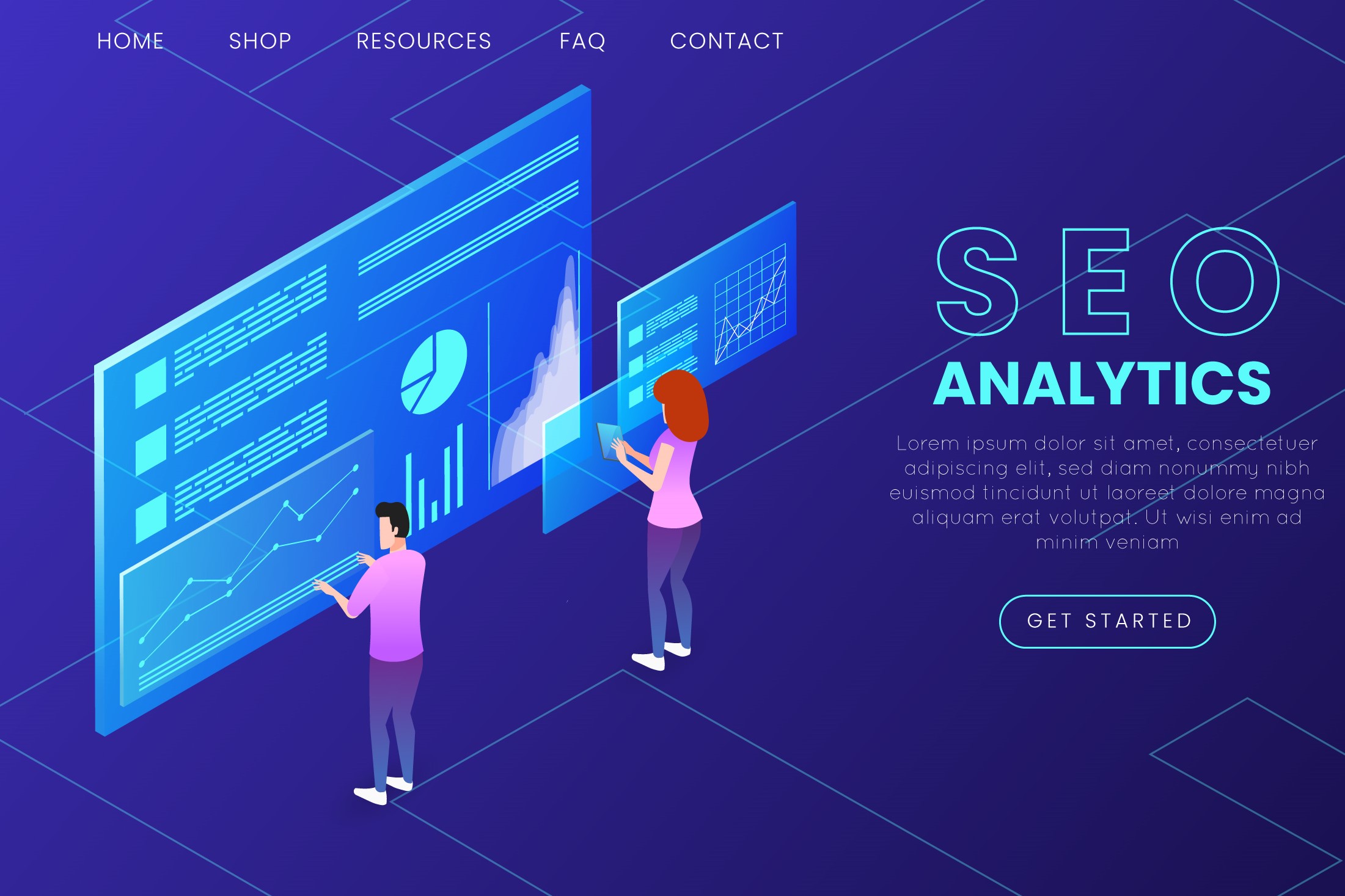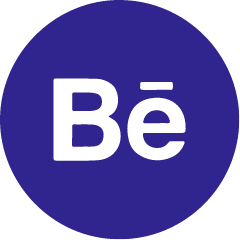An effective SEO strategies is a digital marketing tool that aims to enhance your website’s visibility on search engines and increase its ranking on the search engine results pages (SERPs).
It is an organic method to acquire and retain customers. Which in fact targets customers that are actually interested and are willing to pay.
What is an SEO Strategy?
Search Engine Optimization Strategy is the foundation and backbone of your SEO operations. It ensures that your operations are targeted towards the right audience at the right time.
An effective SEO Strategy enhances your visibility and online presence, drives traffic to your website, and convert leads into actual sales.
Key Components of a Successful SEO Strategy
1. Industry, Geography and Business Needs
Understanding the industry, geography and business needs is the first step to identify our target audience preferences and the ways to design the strategy to best suit and drive effective results.
2. Competitor Analysis:
Understanding your competitors’ SEO strategies and tactics, can provide insights of opportunities.
If the audience and keywords your competitors are targeting are known, you are able to identify your direction whether it is differentiation or competition on the same.
3. Keyword Research:
Keyword research is the foundation of an SEO strategy, helping in identifying the terms and phrases the target audience is searching for.
At Convert, we leverage tools like Ahrefs, SEMrush, and Google Keyword Planner to identify high-traffic keywords based on volume, competition and relevancy.
With insights into competitors’ strategies, tactics, and target keywords, along with a long list of high-traffic keywords, we pave the way to gain a competitive edge that would drive effective results.
4. Content Strategy:
High-quality content is a game changer, as provided in the guidelines of search engines such as Google.
Content needs to provide value to the audience, while incorporating the keywords picked and it needs to be engaging to improve dwell times and reduce bounce rates.
Hence, we set content themes based on the competitors’ analyses, keywords, target audience preferences, our intended brand image and messages.
Content strategy is subject to change based on engagement metrics we analyze continuously.
5. Enabling Components (On-Page SEO Optimization, Technical SEO, Local SEO, Off-Page SEO/Backlinking) :
Once the strategy is identified according to the first three steps, all of these components are enabling and shall follow your strategy.
For example, elements of On-Page SEO Optimization such as meta tags, headers, image alt texts, internal linking should work in the favor of your identified strategy.
So does your technical SEO, Local SEO, and Off-Page SEO/Backlinking.
One of the most impactful elements of off-page SEO is building backlinks in SEO success that contribute to website authority.
Key Considerations to Develop a Custom SEO Strategy
1. Audit Your Current SEO Performance:
Before developing a new strategy, you need to assess your current SEO performance, strengths and weaknesses, through tools such as Google Search Console and Google Analytics.
Before diving into creating a strategy, it’s essential to understand the key benefits of SEO, including increased traffic and visibility.
2. Set Clear Objectives:
Establish clearly defined objectives that you can use as a measurement of success. These objectives would be Key Performance Indicators (KPIs) such as organic traffic, bounce rates, conversions, etc. Depending on your industry and business objectives.
3. Implementation and Monitoring:
Once the strategy is in place, it is time to implement what your strategy vouches for. Regular monitoring is crucial to analyze performance, quickly adjust, and measure against your set objectives and KPIs.
Types of SEO Strategies – Tailored Based on Different Industries / Business Needs
1. Local SEO Strategy:
These SEO strategies are typically designed for businesses with physical locations, such as restaurants and cafes, retail shops, and service providers to drive visits.
We generally utilize location-based content and Google My Business optimization.
2. E-Commerce SEO Strategy:
Designed for e-Commerce businesses to drive website traffic, leads and conversions.
We generally put emphasis on product pages, product categories and shopping intent keyword strategy to maximize results.
3. Enterprise SEO Strategy:
Designed for enterprises with multiple geographies, large websites and extensive content.
We generally focus on optimizing large volumes of content through effective content and on-page optimization, improving technical performance and adapting to broad and competitive keyword targeting.
For B2B companies, it’s imperative to understand why B2B needs SEO to remain competitive in their respective markets.
Are you looking to strengthen your website’s visibility and acquire customers organically?
A clearly articulated SEO strategy can definitely transform your business outcomes within a period of 6-12 months. The huge advantage of SEO is that it drives organic traffic, acquisition and retention of customers at the website you own – unlike social media – which can be gone at any time of day.
At Convert, we are experts in SEO having managed several clients in the several regions. We possess a team with capabilities that can assist you in building your SEO strategy and implement it.
Contact us now for a free consultation call!








